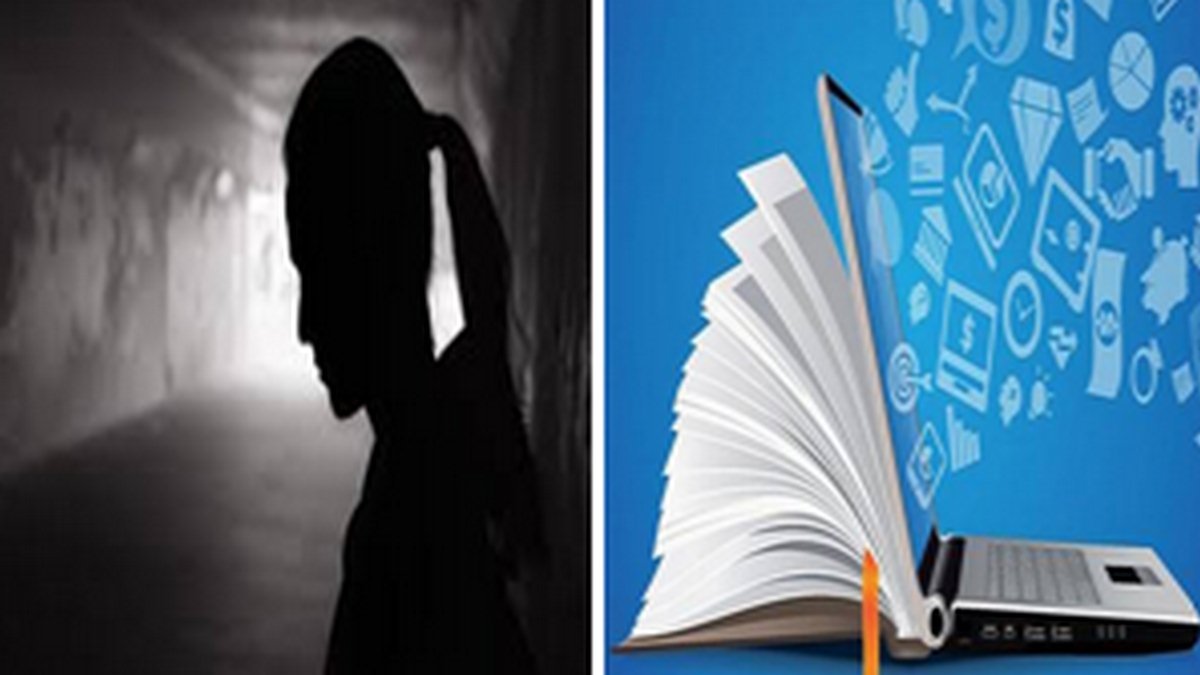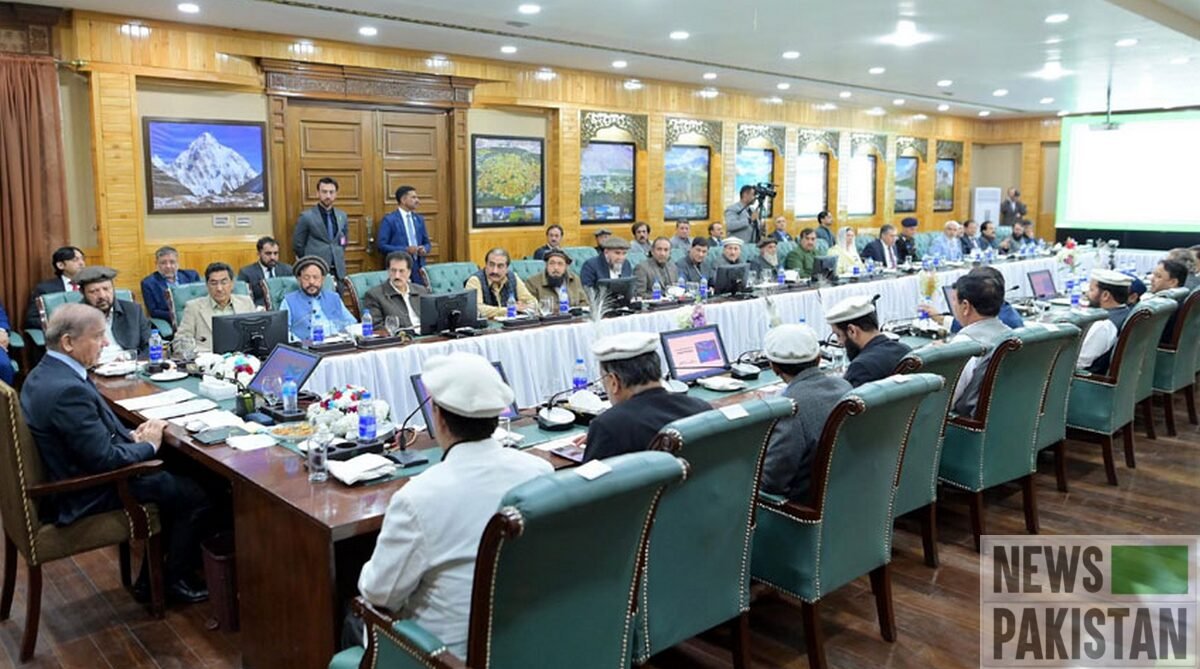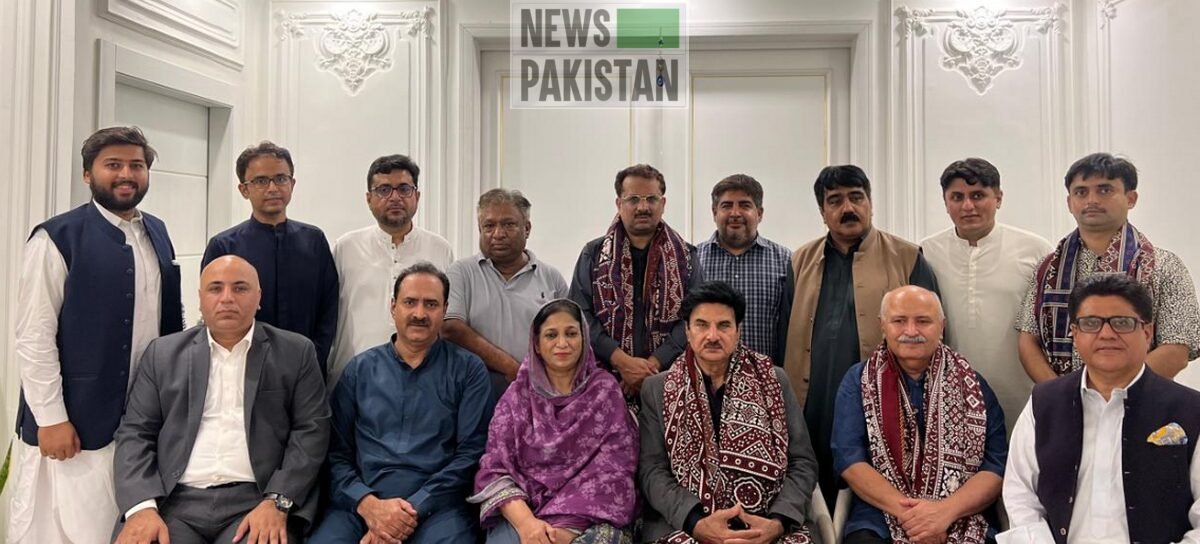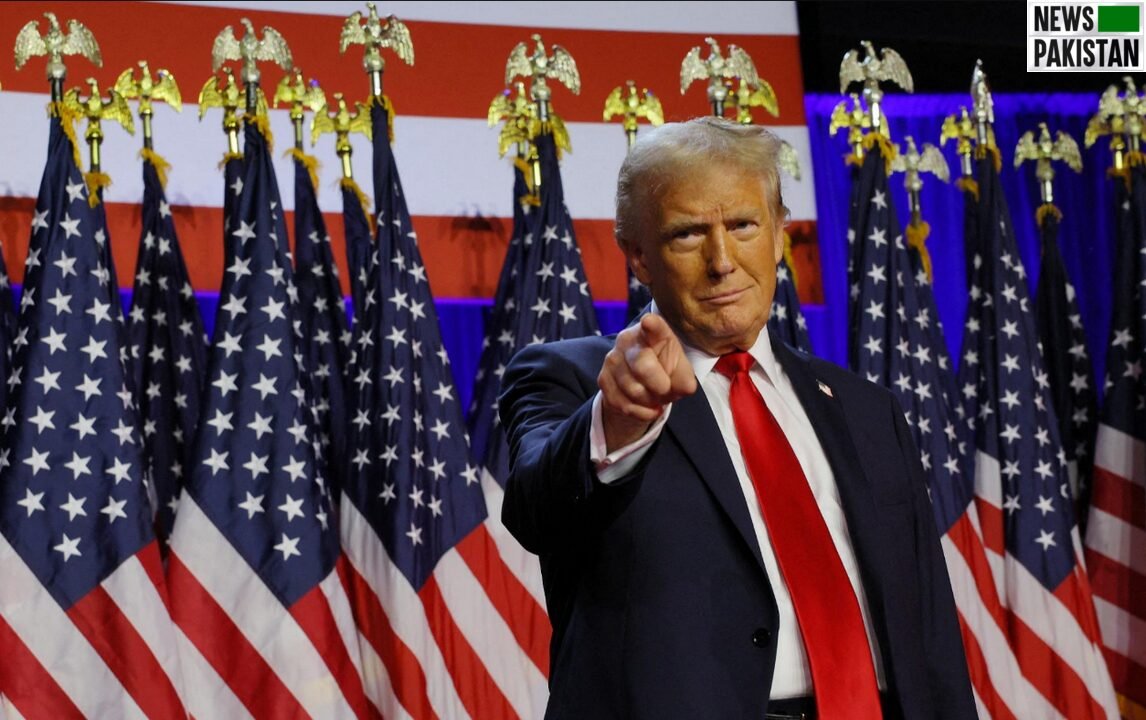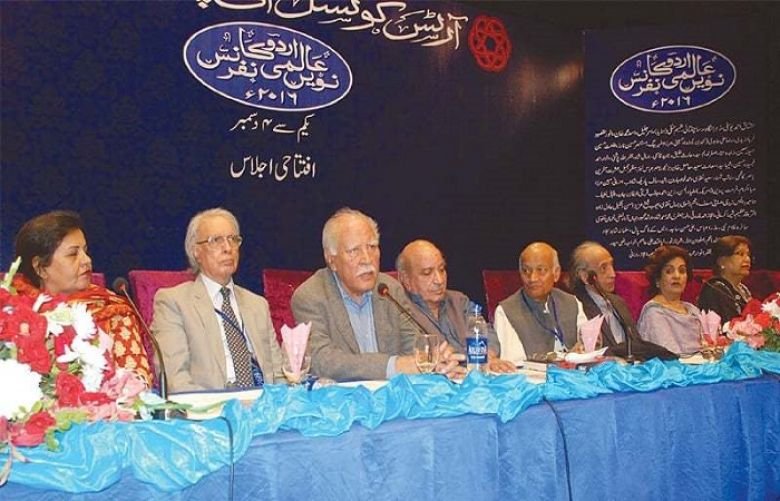KARACHI: Into its ninth year celebrating Urdu language in all its glory, the annual international conference hosted by Arts Council Karachi continues to remain one of the biggest congregations for writers, poets, intellectuals and enthusiasts of the national language.
The third day of the conference started with an inaugural session on new editions of Urdu poetry, where renowned poets and writers of the country including Zahida Hina, Kishwar Naheed, Fahmida Riaz and Nasir Abbas Nayyar.
The nine sessions starting from ten in the morning, in addition to furthering the cause of Urdu and its literature also included an engaging discussion focused on different accounts of fiction by a number of local and visiting participants.
A regular participant of the conference, award-winning poet Kishwar Naheed highlighted and praised the importance of conference’s consistent role in elevating Urdu literature despite all odds.
Perhaps the highlight of the day was a conversation with renowned writers Asad Mohammad Khan, Zahida Hina, and Hassan Manzar.
Addressing the participants during the second session, Asad Mohammad Khan said that his critical points of view could be found in his novels because in his works fiction (itself) was a subject.
“While writing fiction, I followed my impulse,” he said. “Since I had read western literature, I had always considered my works in a global framework.”
Khan further said these days he was working on five works of fiction simultaneous, two of which could be called novels.
Later after the session, four books were launched. They were Jaun Elia’s Ramooz; Zameenein Aur Zamaney by Mubin Mirza, Habs by Hasan Manzar and Khaak Ki Mahak by Nasir Abbas Nayyar.

Earlier on the second day, there was a session on ‘social media and national integrity’ moderated by Dr Ayoob Sheikh.
Speaking on the occasion, senior journalist Ghazi Salahuddin said as a young journalist he had learned that ‘journalism was literature written in haste’. He said the problem with social media was that people were not ‘trained’. He said apart from other people, social media was being used by those who advocated militancy.
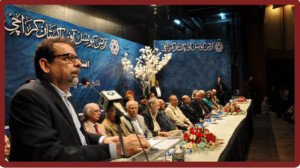
Another senior journalist and analyst Mazhar Abbas said social media had introduced ‘unedited media’ to us. He said the problem arose when mainstream media picked things from social media.
BBC journalist and senior writer Raza Ali Abidi said the world was opening up and new relationships were being made. He said it was because of social media that we got to know and see where the house was where Sir Syed was born.
The annual carnival of Urdu literati also saw the likes of writer Arif Naqvi from Germany in participation for the first time and a debut session with famous Novelist/ short story writer Mirza Athar Baig on the second day.
Opening on the 1st of December, the four-day International Urdu Conference will continue until the 4th at the Karachi Arts Council.
